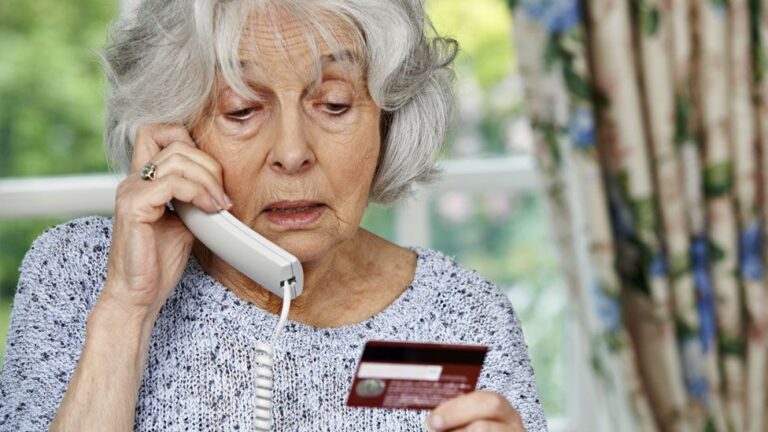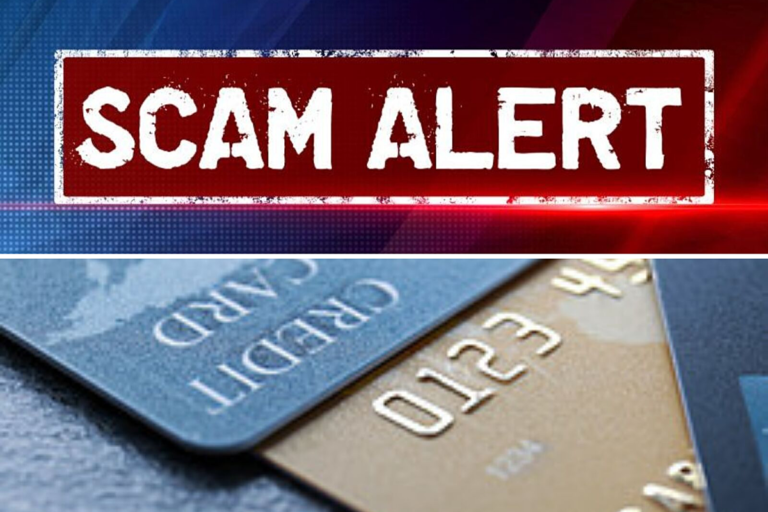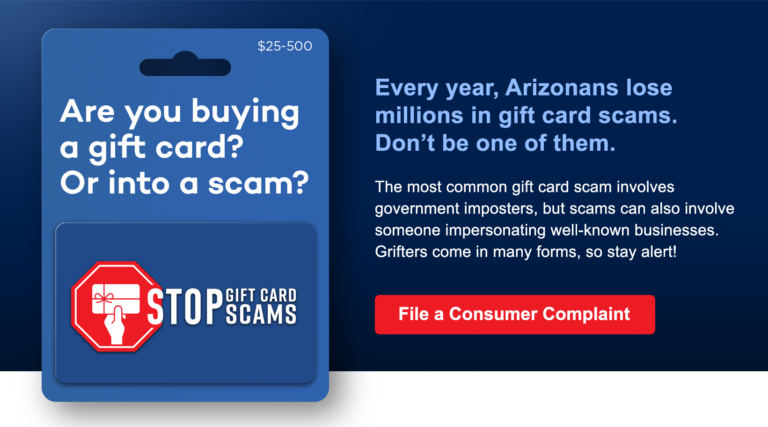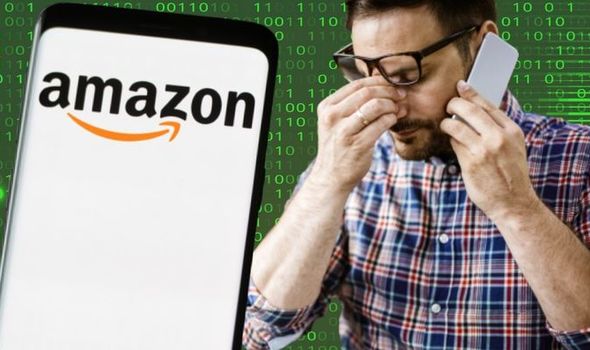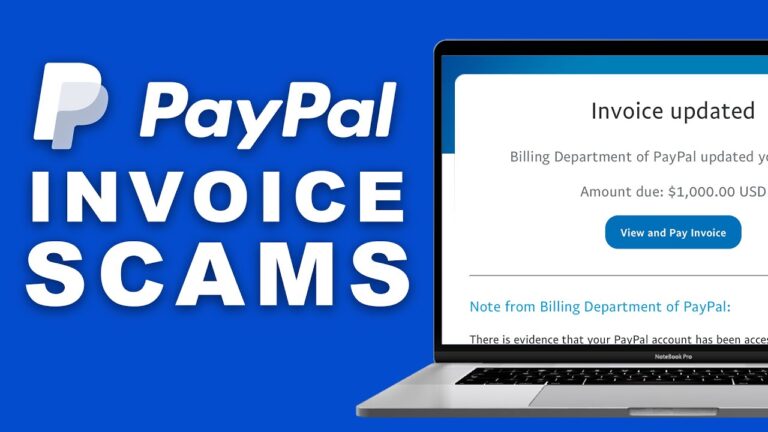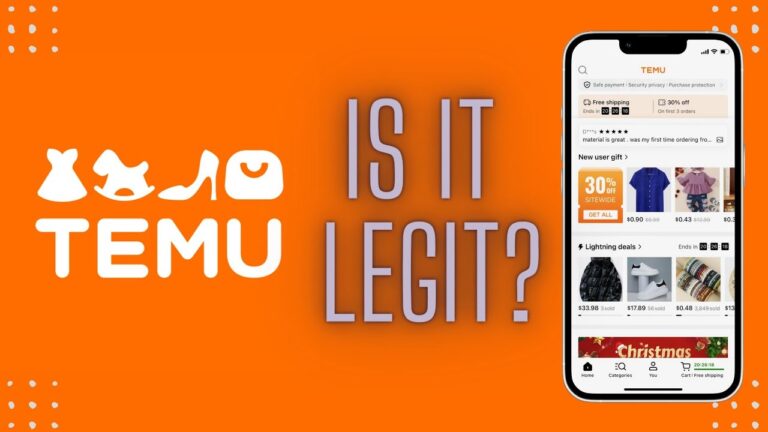NSHSS Scams: National Society of High School Scholars
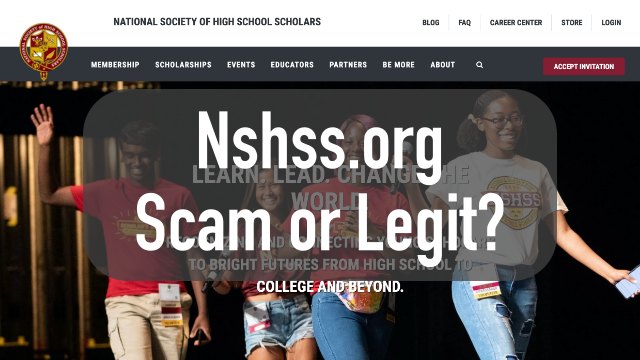
The National Society of High School Scholars (NSHSS) is an esteemed organization that recognizes high-achieving high school students. However, like many reputable institutions, it has also been the target of scammers seeking to exploit its reputation. In this blog post, we will delve into the world of NSHSS scams: what they entail, how they work, and, most importantly, how to recognize and protect yourself from these deceptive ploys.
Understanding NSHSS Scams
NSHSS scams involve fraudulent activities that use the NSHSS name and reputation to deceive students and their families. These scams may promise exclusive benefits, scholarships, or recognition but aim to extract money or personal information from unsuspecting individuals.
The Anatomy of NSHSS Scams
NSHSS scams often follow a common pattern, typically unfolding as follows:
- Unsolicited Invitations: Scammers send unsolicited emails, letters, or messages to students or their parents, claiming that the student has been “selected” or “invited” to join NSHSS.
- False Benefits: The scam invitations often promise exclusive benefits, such as scholarships, college admissions assistance, or recognition, which seem enticing to high-achieving students.
- Upfront Fees: To secure these supposed benefits, the scammer requests payment of upfront fees or membership dues, sometimes under the guise of covering administrative costs.
- Phishing for Personal Information: Some scams may also ask for personal information, such as Social Security numbers, academic records, or bank account details, under the pretext of verifying eligibility.
- Fake Websites: Scammers may create fake NSHSS websites or use convincing replicas to make their scheme appear legitimate.
- High-Pressure Sales Tactics: Victims are often subjected to high-pressure sales tactics, urging them to act quickly to secure the supposed benefits.
Recognizing the Red Flags
Spotting the warning signs of NSHSS scams is essential for protecting your finances and personal information. Here are common indicators to be aware of:
- Unsolicited Invitations: Legitimate NSHSS invitations typically occur through school nominations or a formal application process, not through unsolicited emails or messages.
- Upfront Fees: Be cautious of any request for upfront payments or membership dues. Legitimate honor societies do not charge fees to apply or accept membership.
- Phishing for Information: Avoid sharing sensitive personal information, such as Social Security numbers or academic records, with unsolicited contacts.
- Pressure to Act Quickly: Scammers often use urgency and high-pressure tactics to push you into making hasty decisions. Take your time to research and verify.
- Check the Official Website: Visit the official NSHSS website (https://www.nshss.org/) to verify the legitimacy of any offer or invitation.
Protecting Yourself From NSHSS Scams
Defending against NSHSS scams requires vigilance and informed decision-making:
- Verify Invitations: If you receive an NSHSS invitation, independently verify its authenticity by contacting NSHSS directly through the official website or customer service channels.
- Question Upfront Fees: Be wary of any request for upfront payments, as NSHSS does not charge fees to apply or accept membership.
- Protect Personal Information: Avoid sharing sensitive personal or financial information with unsolicited contacts.
- Educate Yourself and Others: Stay informed about common scams and red flags to protect yourself and educate friends and family.
- Report Suspected Scams: If you encounter an NSHSS scam or suspect fraudulent activity, report it to NSHSS and your local authorities.
Conclusion
NSHSS scams attempt to exploit the aspirations of high-achieving students and their families. By staying informed, exercising caution, and recognizing the red flags associated with these scams, you can protect your finances and personal data from falling into the hands of deceptive fraudsters. Remember that legitimate honor societies, like NSHSS, do not charge fees for membership and that unsolicited invitations should be thoroughly verified before taking any action.

